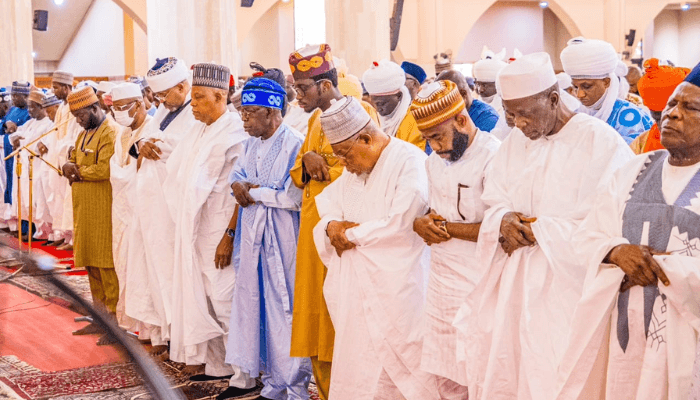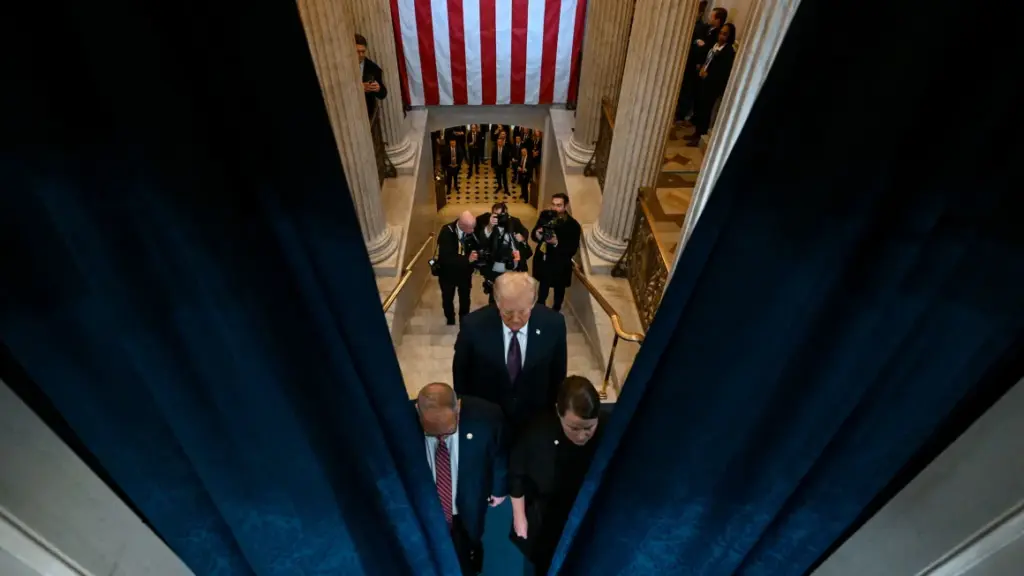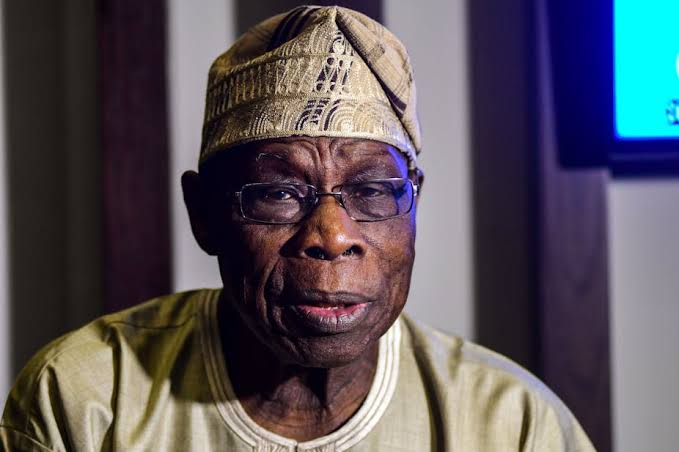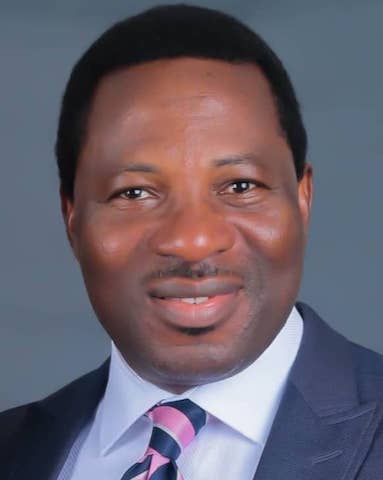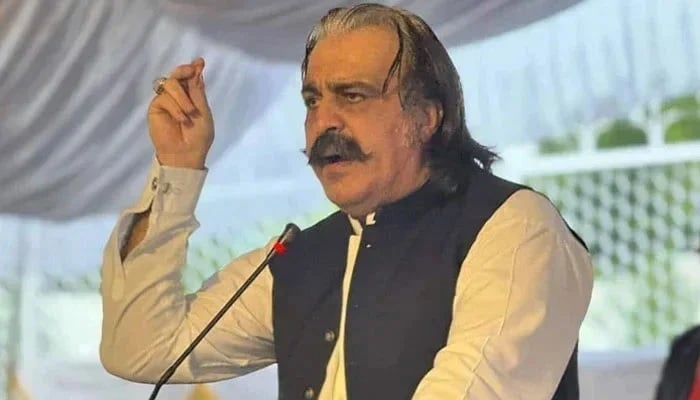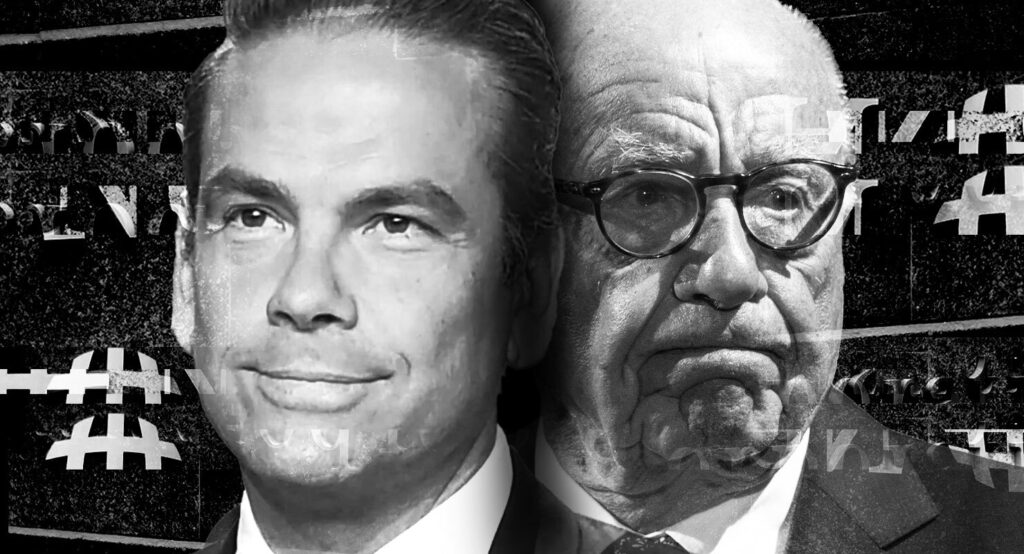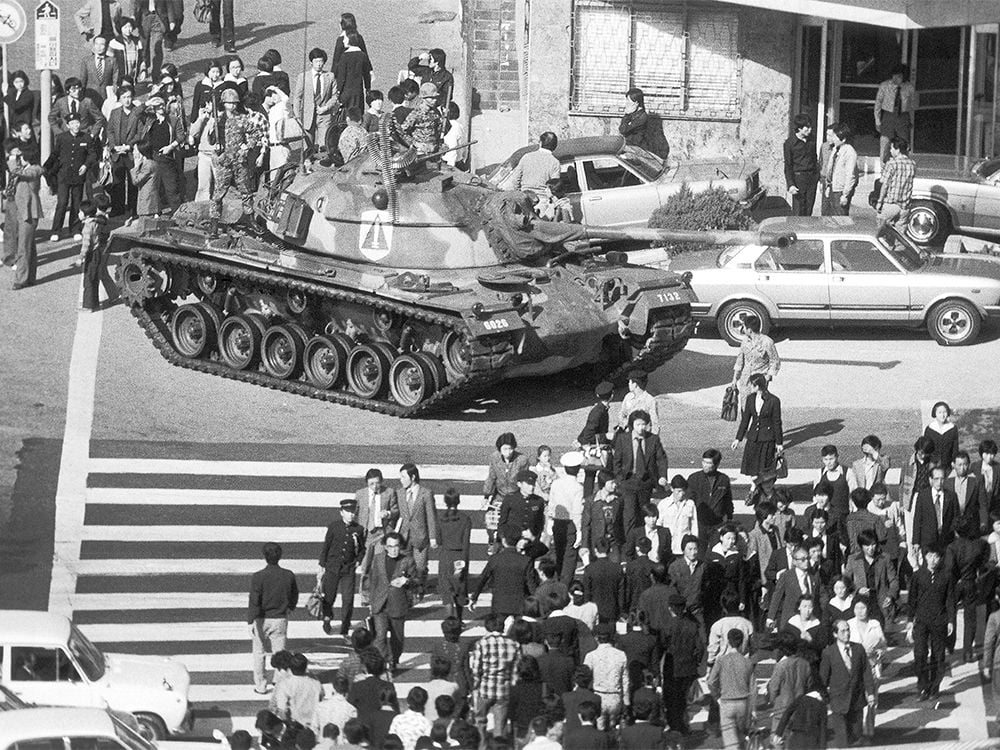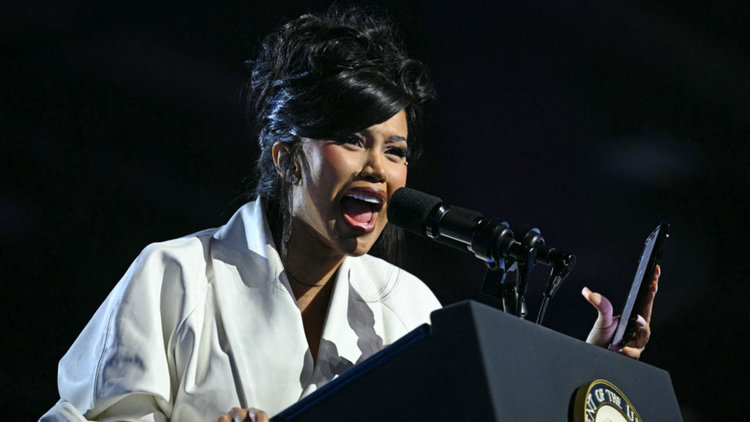As Albo’s ‘captain’s pick’ irks Labor insiders, preselection politics override what’s best for voters
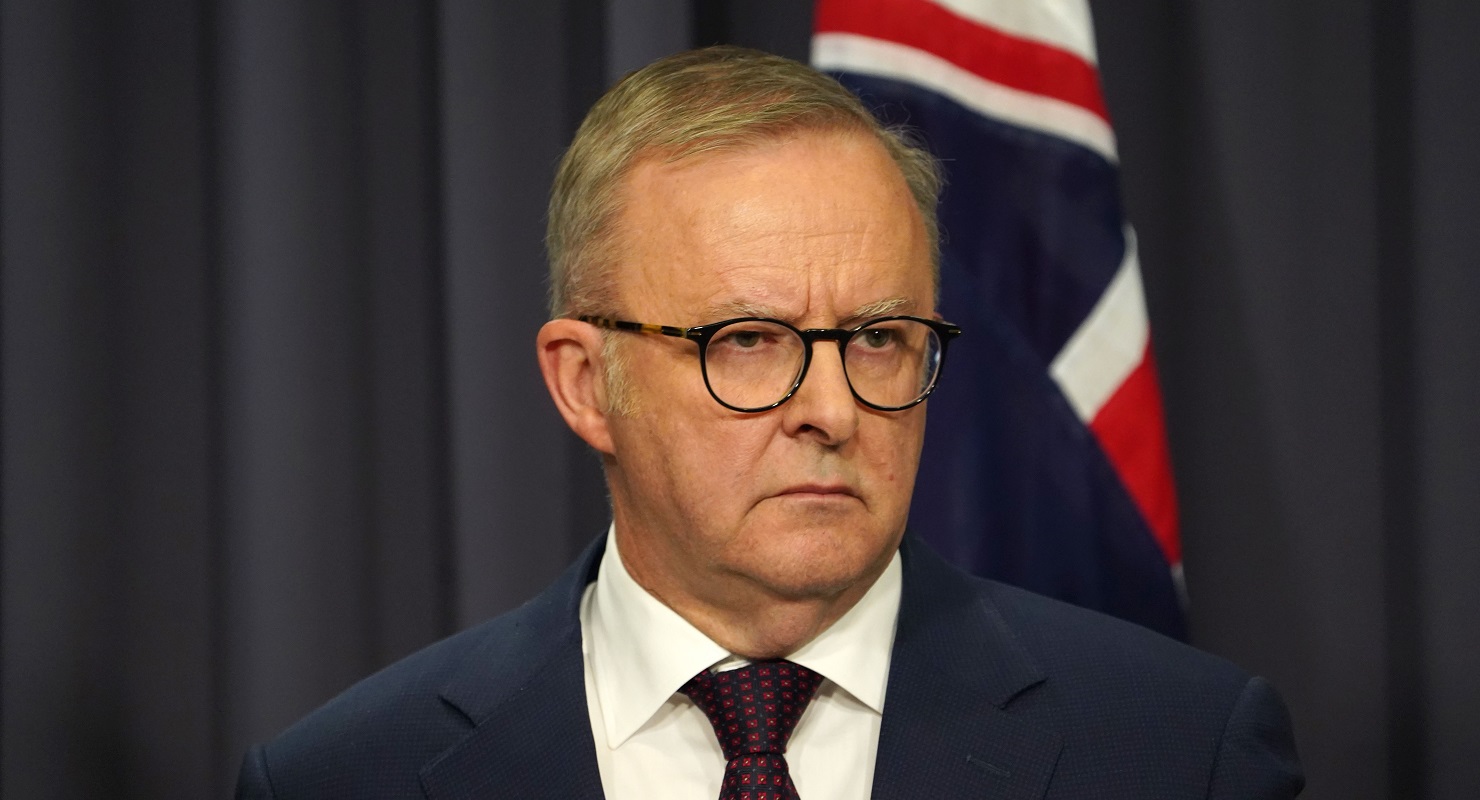
When party leaders get involved in internal disputes about choosing candidates for political office, it is almost guaranteed that the details will attract media coverage. And public interest is only heightened if one of these politicians holds the prime minister’s office.
Recently, Anthony Albanese successfully managed Tasmanian preselections for the next federal election, announcing that Rebecca White, former state party leader and member for the state seat of Lyons, would replace the sitting member Brian Mitchell in the federal seat of the same name.
This “captain’s pick” was generally accepted because Mitchell himself endorsed it, stepping aside for his popular state colleague and praising her credentials. Lyons is Labor’s most marginal federal seat (0.9%) and includes much of rural Tasmania, stretching from outside Launceston and Hobart to the east coast. Similarly, on the northwest coast of Tasmania, Anne Urquhart agreed to vacate her Senate seat so she could nominate to win the Liberal seat of Braddon. It’s regarded as a safe Liberal seat, but with local member Gavin Pearce retiring, a well-known local identity may succeed.
In New South Wales, the prime minister’s intervention is much more complex. According to internal sources speaking to Crikeywhen Linda Burney was chosen as the first Indigenous woman to be elected to the House of Representatives in 2016, the Left faction guaranteed that when her seat of Barton was next up for preselection, this inner-Sydney division would return to a Right faction candidate. This would maintain the balance in NSW where neighbouring seats Grayndler and Sydney are both held by Left members Albanese and Tanya Plibersek.
With Burney announcing her resignation in July this year, there are several potential candidates who could fill the vacancy, including state MP Mark Buttigieg, former state member Shaoquett Moselmane, former Barton candidate Sam Crosby, and Councillor Ashvini Ambihaipahar. It’s an impressive line-up of experienced candidates — so why has Albanese wasted his time getting involved when surely he has more important challenges to deal with?
The prime minister has made it clear to national campaign director Paul Erickson that he wants the Barton preselection managed by the national executive, and has indicated his preferred candidate is Ambihaipahar, a Georges River councillor and Left member. This intervention ignores the internal agreement between the factions in 2016 that would restore Barton to a member of the Right.
It will surprise Barton’s Labor voters to discover that factional negotiations almost a decade ago could influence the choice of their candidate for the next federal election. But factional warriors have long memories, and some of the hardest fought battles relate to past political deals. Indeed, according to internal Labor sources speaking to Crikeymany branch members are angry about Albanese’s intervention as it demonstrates disregard for rank-and-file members who want to choose the best possible candidate, one who understands their community.
The manipulation of this preselection is reminiscent of the clumsy efforts made in 2022 when high-profile senator Kristina Keneally was parachuted into Fowler, bypassing a popular local candidate. Not only did this preselection tinkering result in Labor’s loss of Fowler to independent Dai Le, but the incoming Labor government also lost the skills of an experienced former premier and senator who would have added value to the new ministry.
For many years, observers inside and outside political parties have urged reform of preselection to ensure more professional processes are adopted and candidates are chosen on merit, not just their group or factional loyalties. A modern Australian parliamentarian requires a diverse range of skills, yet their experience and suitability for scrutinising detailed public policy analysis and advocating for their constituents is rarely considered in most political party preselections.
The Australian Electoral Commission is extremely diligent in the way it oversees our democratic processes, but it has no role in party preselection to guarantee that fair and ethical procedures are in place and that voters have the best possible choice of candidates. As the trend of more and more voters favouring independents and small parties continues, it might be time for major party strategists to reexamine how they manage preselections — such as by involving local communities in decision-making rather than imposing candidates upon them.
Have something to say about this article? Write to us at letters@crikey.com.au. Please include your full name to be considered for publication in Crikey’s Your Say. We reserve the right to edit for length and clarity.
Discover more from Tamfis Nigeria Lmited
Subscribe to get the latest posts sent to your email.



 Hot Deals
Hot Deals Shopfinish
Shopfinish Shop
Shop Appliances
Appliances Babies & Kids
Babies & Kids Best Selling
Best Selling Books
Books Consumer Electronics
Consumer Electronics Furniture
Furniture Home & Kitchen
Home & Kitchen Jewelry
Jewelry Luxury & Beauty
Luxury & Beauty Shoes
Shoes Training & Certifications
Training & Certifications Wears & Clothings
Wears & Clothings





